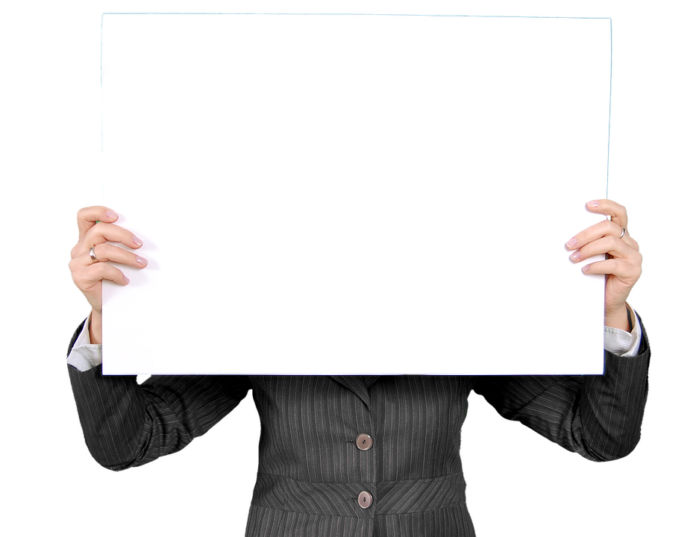As a self-employed individual, you are exposed to a unique set of risks and liabilities that can put your personal assets at risk. Whether you are a freelancer, consultant, or small business owner, it is essential to understand the importance of protecting your personal assets and managing risk. In this article, we will explore the world of self-employed liability and risk management, providing you with a comprehensive guide to help you navigate the complexities of protecting your personal assets.
Understanding Self-Employed Liability
Self-employed liability refers to the potential risks and liabilities that you, as a self-employed individual, may face in the course of your business. This can include everything from professional mistakes and omissions to accidents and injuries. As a self-employed individual, you are personally responsible for any debts or liabilities incurred by your business, which means that your personal assets, such as your home, car, and savings, can be at risk.
Types of Self-Employed Liability
There are several types of self-employed liability that you should be aware of, including:
- Professional liability: This type of liability arises from mistakes or omissions made in the course of your professional work. For example, if you are a consultant and provide faulty advice to a client, you may be liable for any damages or losses incurred.
- General liability: This type of liability arises from accidents or injuries that occur in the course of your business. For example, if you are a freelancer and accidentally damage a client’s property, you may be liable for the cost of repairs.
- Contractual liability: This type of liability arises from breaches of contract or agreements. For example, if you fail to deliver a project on time or to the agreed-upon standard, you may be liable for any damages or losses incurred.
Risk Management Strategies
To protect your personal assets and manage risk, it is essential to implement effective risk management strategies. Some of the most effective risk management strategies for self-employed individuals include:
- Insurance: Liability insurance, such as professional liability insurance or general liability insurance, can provide financial protection in the event of a claim or lawsuit.
- Contract review: Carefully reviewing contracts and agreements can help you avoid potential liabilities and disputes.
- Client screening: Screening potential clients can help you avoid working with clients who may pose a risk to your business or personal assets.
- Record keeping: Keeping accurate and detailed records can help you track your business activities and provide evidence in the event of a dispute or claim.
Entity Formation
One of the most effective ways to protect your personal assets as a self-employed individual is to form a business entity, such as a corporation or limited liability company (LLC). Entity formation can provide a level of separation between your personal and business assets, which can help protect your personal assets in the event of a claim or lawsuit.
Tax Implications
Entity formation can also have tax implications, which should be carefully considered. For example, corporations are subject to double taxation, which means that the business income is taxed at the corporate level, and then again at the individual level when dividends are distributed. LLCs, on the other hand, are pass-through entities, which means that the business income is only taxed at the individual level.
Conclusion
Protecting your personal assets as a self-employed individual requires a comprehensive understanding of self-employed liability and risk management. By implementing effective risk management strategies, such as insurance, contract review, client screening, and record keeping, you can help protect your personal assets and manage risk. Entity formation can also provide an additional layer of protection, but it is essential to carefully consider the tax implications. By taking a proactive approach to self-employed liability and risk management, you can help ensure the long-term success and security of your business.
Frequently Asked Questions
- Q: What is self-employed liability?
A: Self-employed liability refers to the potential risks and liabilities that you, as a self-employed individual, may face in the course of your business. - Q: What types of insurance should I consider as a self-employed individual?
A: As a self-employed individual, you should consider liability insurance, such as professional liability insurance or general liability insurance, to provide financial protection in the event of a claim or lawsuit. - Q: How can I protect my personal assets as a self-employed individual?
A: You can protect your personal assets as a self-employed individual by implementing effective risk management strategies, such as insurance, contract review, client screening, and record keeping, and by forming a business entity, such as a corporation or LLC. - Q: What are the tax implications of entity formation?
A: Entity formation can have tax implications, such as double taxation for corporations, and pass-through taxation for LLCs. It is essential to carefully consider the tax implications of entity formation and consult with a tax professional to determine the best approach for your business. - Q: How can I determine which risk management strategies are right for my business?
A: You can determine which risk management strategies are right for your business by assessing your specific risks and liabilities, and by consulting with a risk management professional or attorney.


